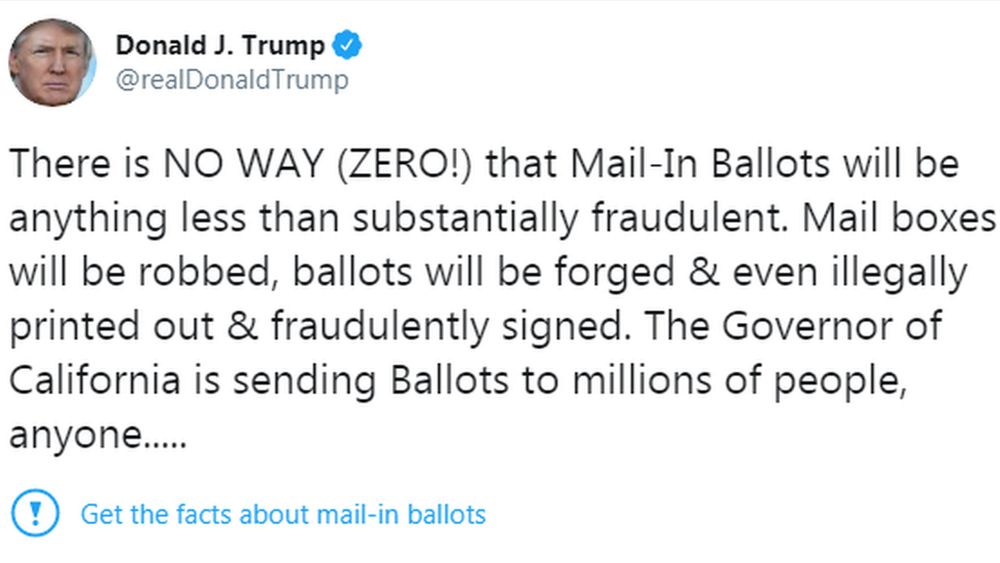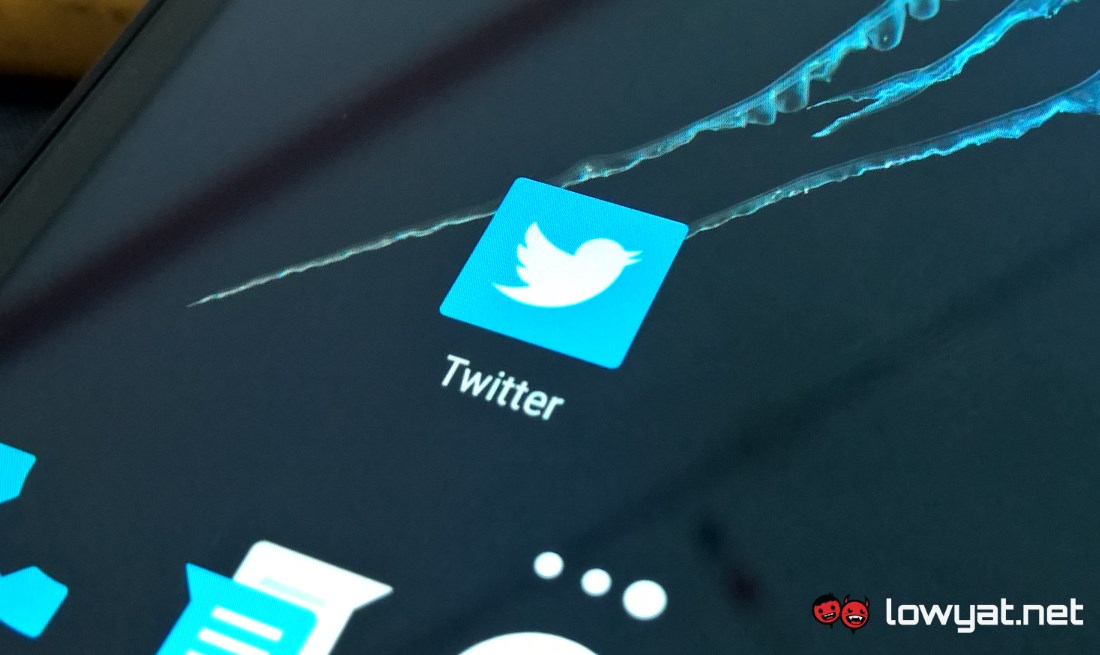The row between the US President and Twitter began after the former posted a tweet about Mail-In Ballots within the US, stating that using such a method would ultimately lead to a “Rigged Election” that wouldn’t be in his favour. Due to the nature of his claim, Twitter began putting a warning label under such messages and even linked it to page that debunks the claim. Under the new executive order, social media platforms would effectively be stripped of some legal protections provided to them in specific situations, listed under Section 230 of the Communications Decency Act. Trump hopes that, with the executive order, such immunity will be made null and void whenever a platform edits content posted by its users. Reactions to Twitter’s decision to begin tagging dubious tweets with warning labels indicating the need for fact-checking has been mixed, surprisingly. Even Mark Zuckerberg, Facebook’s founder and CEO, seems to have distanced himself from his competitor’s actions, even going so far as to say that his own social media platform shouldn’t take on the role as “arbiters of truth”.
In any case, the executive order is expected to face some legal challenges in the US; law makers and Twitter will undoubtedly see Trump’s act as an infringement on their right to free speech, which is enshrined in the First Amendment of the US Constitution. (Source: BBC [1] [2], Bloomberg, The Guardian)

